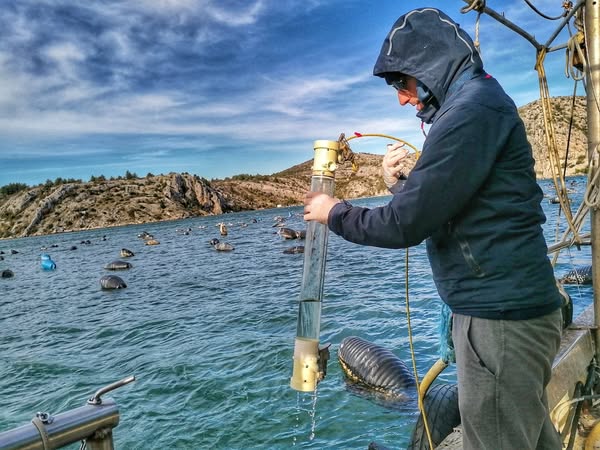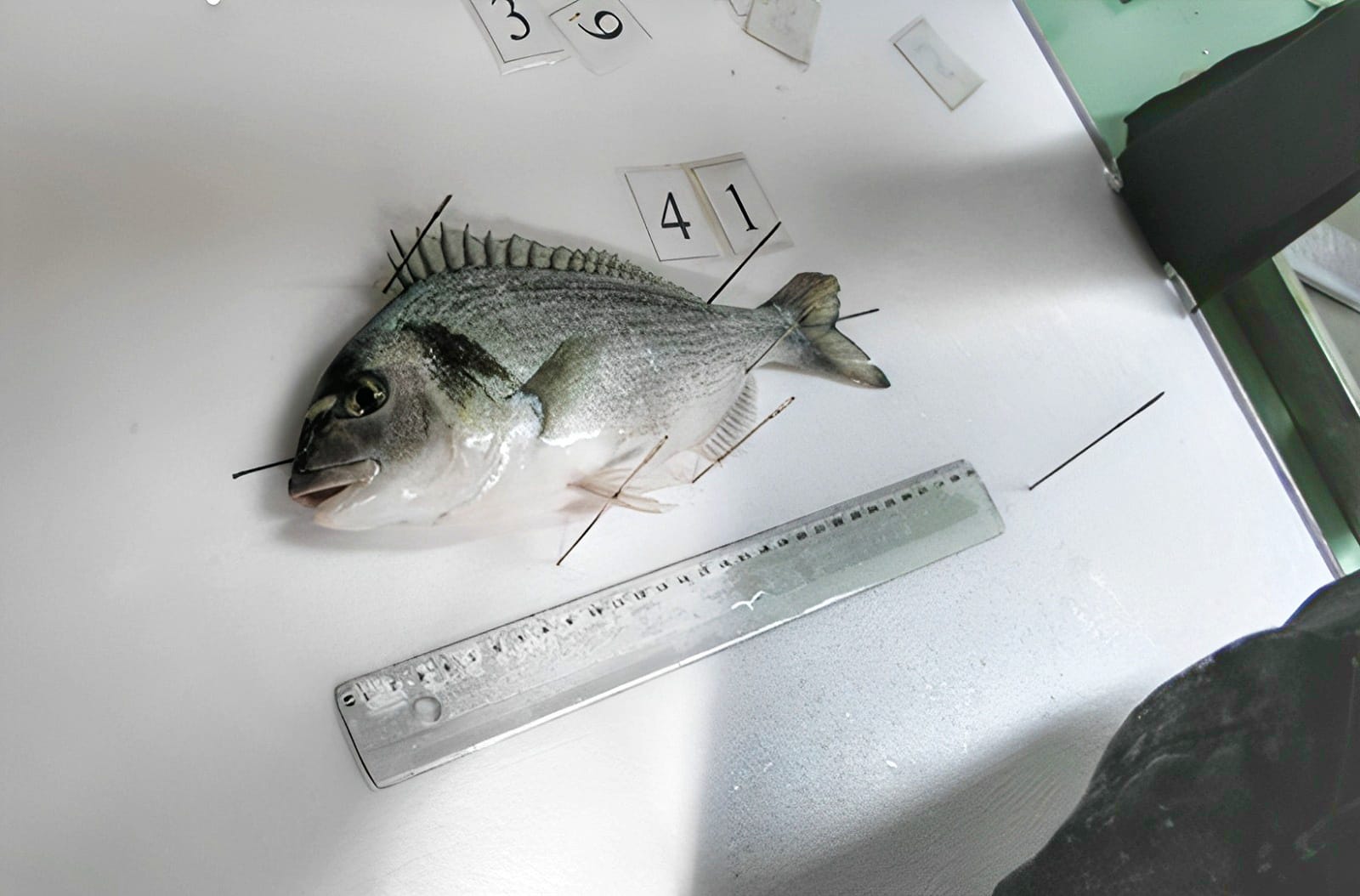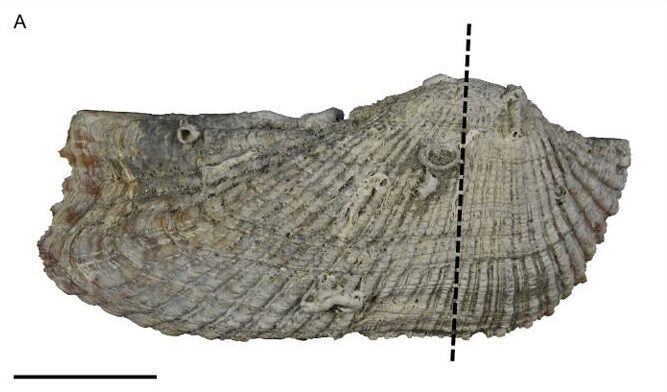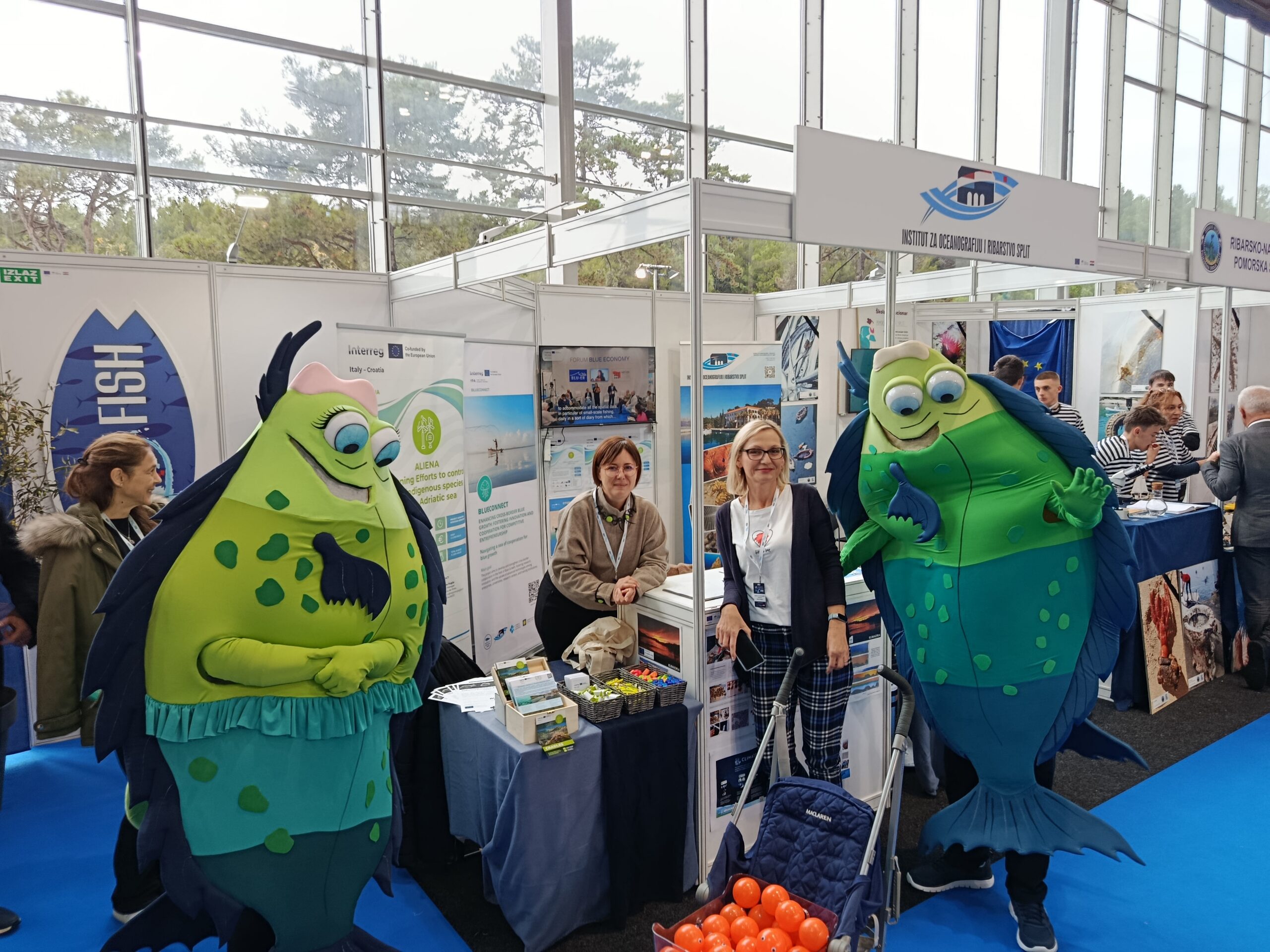Our Laboratory for Plankton and Shellfish Toxicity has taken a step further in researching diatoms of the genus Pseudo-nitzschia, known for their ability to produce neurotoxins.
In a recent study published in the journal Toxins, we analyzed 54 strains from eight different Pseudo-nitzschia species isolated from the central Adriatic Sea. The results offer a unique insight into interspecies differences in growth and toxin production. Toxin analysis was performed using a modern method: liquid chromatography coupled with mass spectrometry (LC–MS/MS). The toxin, domoic acid, was extracted from cells and precisely quantified at different stages of culture development.
Interestingly, out of all the species studied, only one—P. pseudodelicatissima—produced the toxin. Most strains of this species produced domoic acid only during the late stationary phase of the culture, while some produced it continuously throughout all growth phases. We also found that temperature plays a crucial role: a moderate temperature of around 18 °C promotes the toxicity of this species, whereas higher temperatures may reduce it.
The study also confirmed significant differences in growth rates between species and strains. The highest growth rate was observed in P. delicatissima. It was noted that a higher initial cell concentration may slightly reduce the growth rate, but the exponential phase was still clearly recognizable.
Pseudo-nitzschia species often dominate phytoplankton communities in the Adriatic. Due to their ability to produce toxins that can accumulate in shellfish and pose a risk to human health, it is essential to regularly monitor their presence, especially in aquaculture areas.
Our laboratory will continue to actively investigate species of this genus and how various environmental conditions affect their toxicity, with special emphasis on climate change and potential risks to human health.
This research is part of the PSEUDOTOX project, funded by the Croatian Science Foundation, with support from the Career Development of Young Researchers Program – Training of New Doctoral Students, for our PhD candidates Tina Tomašević and Antonija Bulić.




